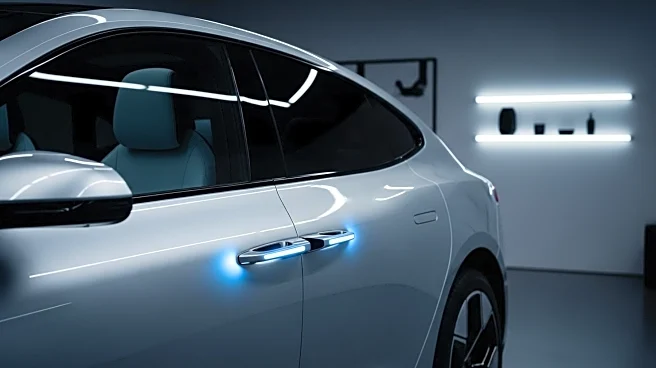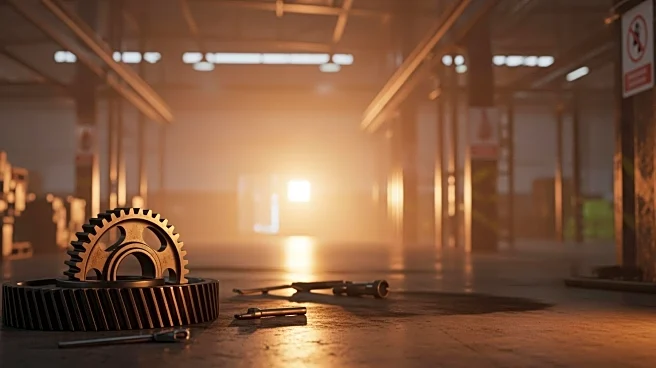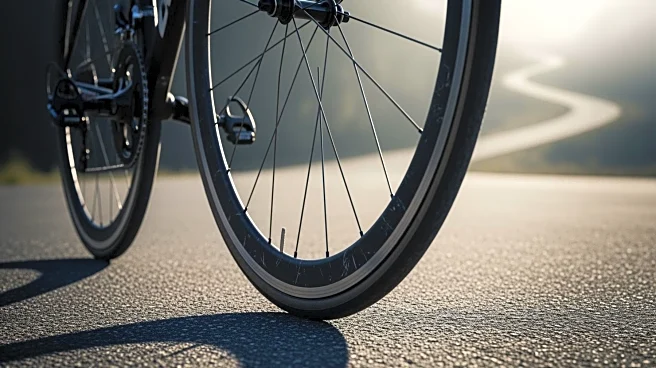What is the story about?
What's Happening?
A lawsuit has been filed against Tesla by the families of two teenagers who died in a Cybertruck crash in Piedmont, California. The incident occurred on Thanksgiving Eve in 2024, when the vehicle, carrying four college students, crashed into a tree and a wall, leading to a fire. The lawsuit claims that the Cybertruck's electronic door handles failed to operate post-crash, trapping the passengers inside. Surveillance footage showed the vehicle losing control at high speed, and a friend following in another car managed to break a window to rescue one passenger. However, the other three occupants died from smoke inhalation and burns. The lawsuit argues that the design of the door handles contributed to the fatalities, as they were difficult to operate in emergencies.
Why It's Important?
This lawsuit highlights potential safety concerns with Tesla's vehicle design, particularly the electronic door handles that are flush with the car's body. While these handles contribute to the vehicle's sleek appearance and aerodynamic efficiency, they may pose a risk in emergency situations. The case underscores the broader implications for vehicle safety standards and the responsibilities of automakers in ensuring that design innovations do not compromise passenger safety. The outcome of this lawsuit could influence future automotive design regulations and impact Tesla's reputation and financial standing.
What's Next?
The lawsuit is set to proceed in the California Superior Court in Alameda County, with a trial scheduled for February 2027. Tesla is currently under investigation by the National Highway Traffic Safety Administration (NHTSA) regarding its door handle design. The company may face increased scrutiny and pressure to redesign its door handles to enhance safety. The case could also prompt other automakers to reevaluate similar design features in their vehicles.
Beyond the Headlines
The incident raises questions about the balance between innovative design and practical safety in the automotive industry. Tesla's approach to vehicle design, often characterized by unconventional features, may need to be reassessed to prioritize user safety. This case could lead to broader discussions about the role of technology in vehicle safety and the ethical responsibilities of automakers in protecting passengers.
















